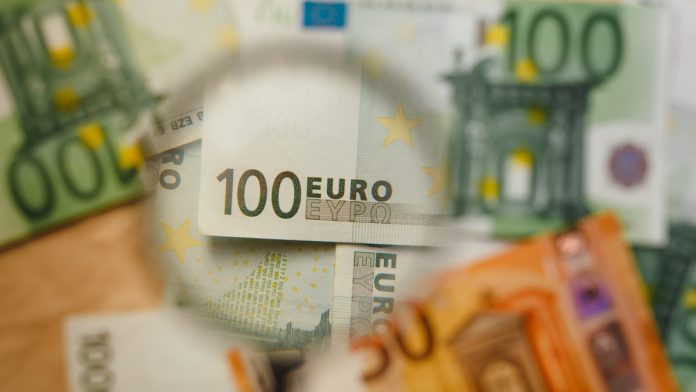- Pound (GBP) as rises the service sector expands
- Construction PMI due
- Euro (EUR) hurt by sanction talk
- Eurozone PPI due
The Pound Euro (GBP/EUR) exchange rate is heading higher for a third straight day. The pair settled +0.27% higher on Tuesday at €1.1981, after trading in a range between €1.1940 – €1.2010. At 05:45 UTC, GBP/EUR trades +0.1% at €1.1993.
The Pound pushed higher in the previous session, boosted by data revealing that the UK services sector grew faster than initially estimated in March, as Omicron cases eased and restrictions were removed.
The services PMI rose to 62.6, a 10 month high, which was upwardly revised from 61 and was well ahead of February’s 60.5 reading as Brits spent more on entertainment and leisure despite surging prices.
Delving deeper into the numbers, the gauge for prices charged by service sector companies rose to its highest level since the record began in 1996.
The data highlights how prices are rising, and piles pressure on the BoE to hike interest rates again in May when it next meets.
The economic calendar is quiet, with just UK construction PMI figures due. Activity in the constriction sector is expected to slow slightly to 57.8, down from 59.1. The level 50 separates expansion from contraction.
The euro came under pressure yesterday as more sanctions are expected on Russia. The EU is considering imposing sanctions on Russian coal in response to the atrocities and war crimes committed in Ukraine. The prospect of more sanctions hurt demand for the euro.
Data was supportive of the euro after the composite PMI, which is considered a good business guage, fell by less than forecast in March. In March, the composite PMI fell from 55.5 to 54.9, boosted by loosening COVID containment measures. The data also showed that business confidence weakened.
Germany’s factory data and eurozone producer prices index could influence trading. German factory orders are expected to slip in February. Eurozone wholesale inflation is set to rise to 31.% year on year.





